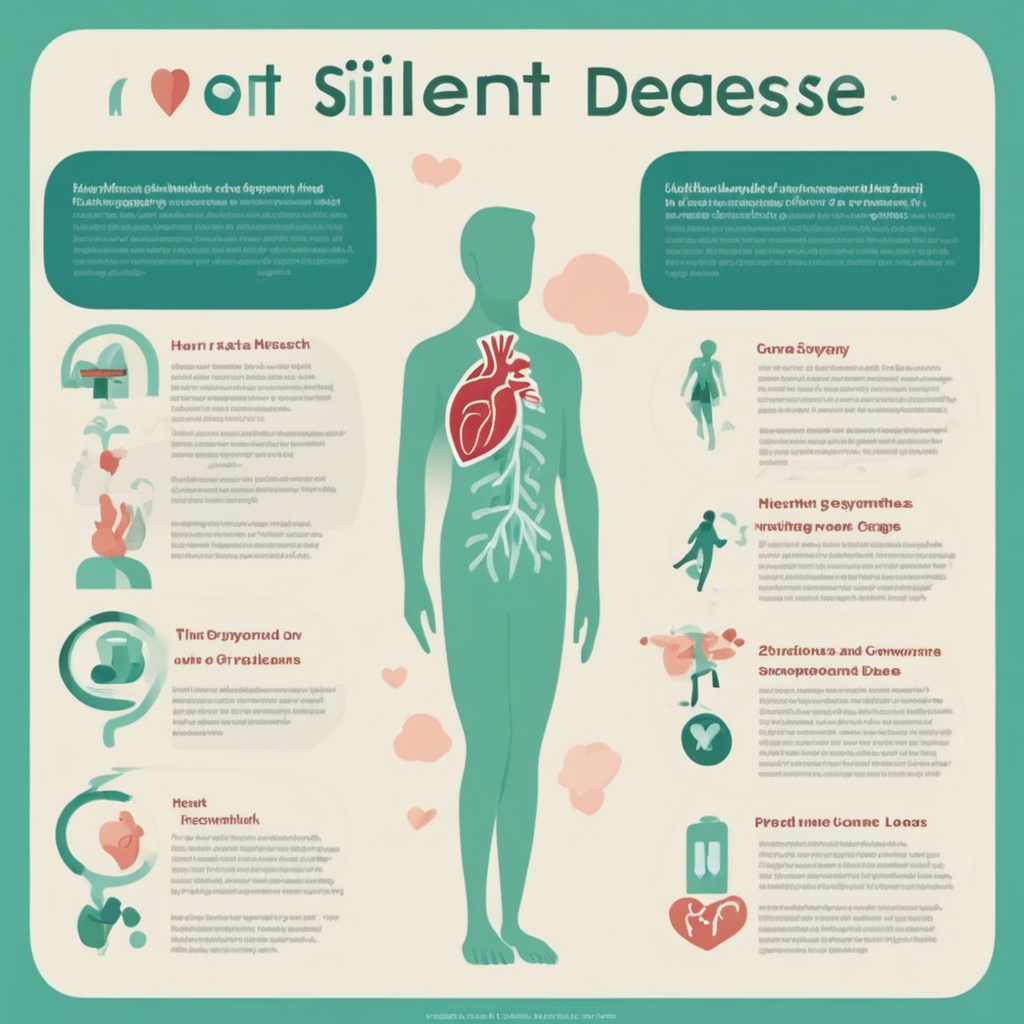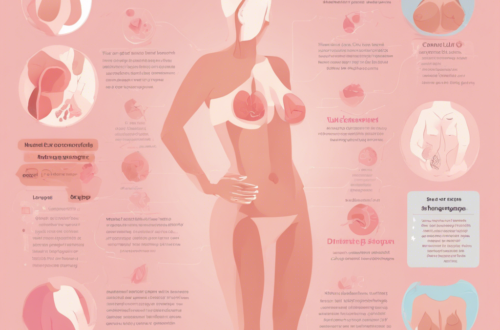Introduction
Understanding Heart Disease Silent Symptoms
Heart disease often sneaks in without making a sound, and many people may not realize they’re at risk until it’s too late. Silent symptoms are subtle yet potentially serious indicators of underlying cardiac issues. Being aware of these signs can make a significant difference in outcomes.
Importance of Recognizing Early Warning Signs
Recognizing early warning signs of heart disease is crucial. Consider a friend who felt unusually fatigued after light chores; it turned out to be a sign of something more serious. Similarly, other symptoms to watch out for include:
- Shortness of breath
- Swelling in the ankles and feet
- Chest discomfort
- Irregular heartbeat
Identifying these symptoms early can pave the way for timely medical intervention, ultimately saving lives.

Shortness of Breath
Breathing Difficulties During Normal Activities
Experiencing shortness of breath during normal activities, like climbing stairs or even walking the dog, can be alarming. A friend of mine realized she felt winded after light exercise, prompting her to seek medical advice. Such difficulties could signal underlying heart issues that require attention.
Resting Breath Troubles as Heart Issue Indicator
Even more concerning is when breath troubles occur at rest. If you notice:
- Increased effort to breathe while sitting
- Unexplained fatigue
- A tight feeling in the chest
These signs shouldn’t be ignored as they may indicate heart conditions. Early consultation with a healthcare professional can lead to crucial interventions and better health outcomes.

Unusual Fatigue
Extreme Tiredness Post Simple Tasks
Unusual fatigue is often overlooked, but extreme tiredness after simple tasks can signal something more troubling. Imagine finishing a short walk and feeling completely drained, as if you’d run a marathon. This was the experience of a family member who dismissed it as just “getting older” until further examination revealed underlying heart issues.
Early Significance of Fatigue in Heart Problems
Recognizing fatigue as an early sign of heart problems is vital. Some key symptoms to consider include:
- Persistent tiredness after everyday activities
- Increased difficulty in completing routine tasks
- A constant need to rest
If you notice these signs, don’t hesitate to consult a healthcare professional. Early detection can drastically improve your health outlook and ensure your heart stays strong.
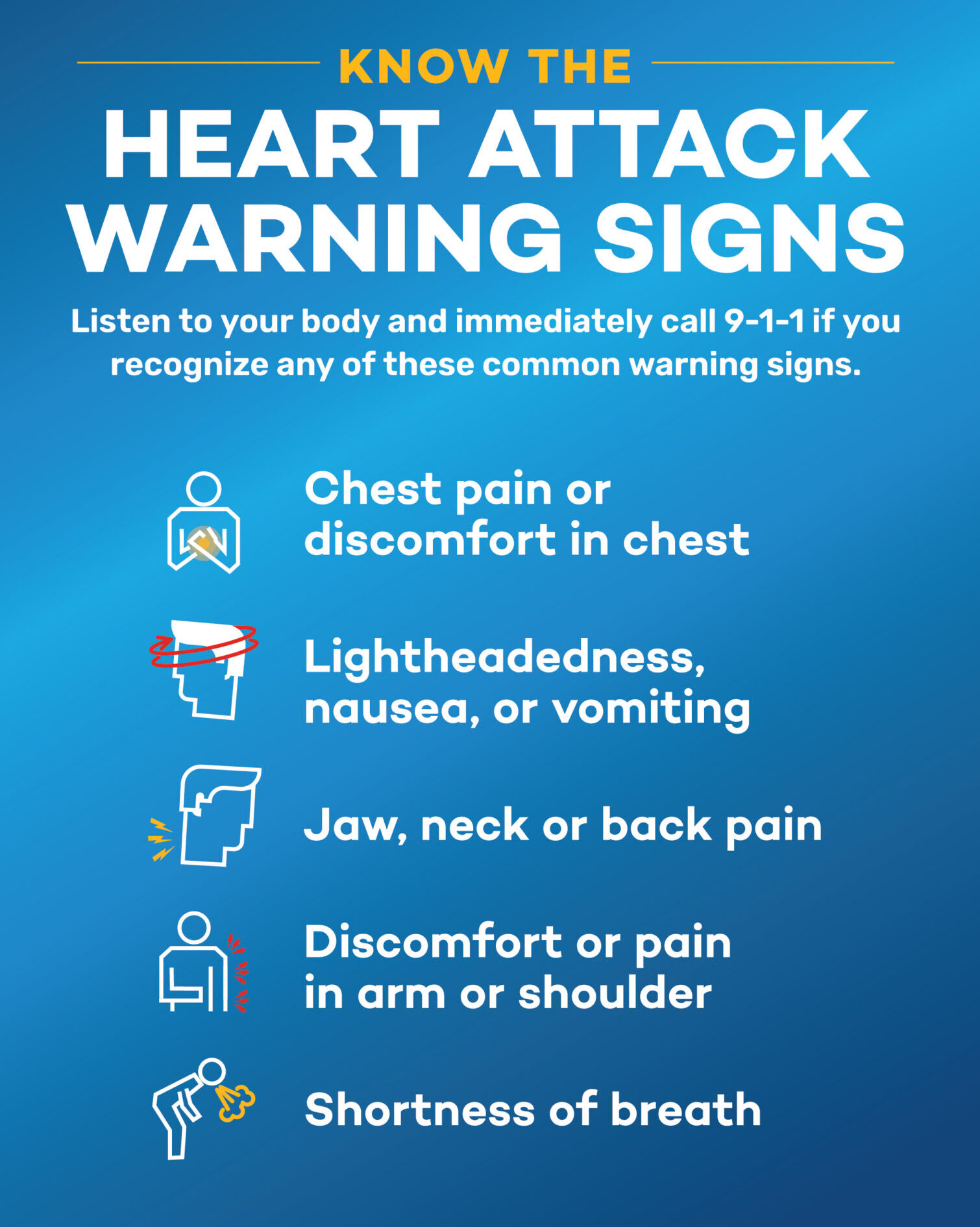
Swelling in Ankles and Feet
Fluid Retention Leading to Lower Extremity Swelling
Swelling in the ankles and feet can often be dismissed as a result of standing too long or heat. However, when fluid retention becomes a regular issue, it might indicate more significant concerns. A friend of mine noticed his feet swelling after a long day, but it turned out to be related to his heart health.
Signaling Heart Failure Through Ankle and Feet Swelling
This type of swelling can be a sign of heart failure, where the heart struggles to pump blood effectively. Key indicators include:
- Visible swelling in lower extremities
- Feeling of heaviness or discomfort
- Sudden weight gain due to excess fluids
If these symptoms sound familiar, seeking medical advice is critical. Early intervention can lead to better outcomes and healthier living.

Chest Discomfort
Pain or Pressure in the Chest as Warning Sign
Chest discomfort, whether it feels like pain or pressure, is often one of the most recognized signs of heart problems. A colleague of mine brushed off mild chest pressure during meetings, thinking it was just stress. However, this type of discomfort can serve as a significant warning sign that shouldn’t be ignored.
Mild Chest Pains Signaling Potential Heart Attack
Even mild chest pains can indicate a possible heart attack. Signs to watch out for include:
- A feeling of tightness or heaviness
- Discomfort that radiates to the arms, neck, or jaw
- Episodes lasting for several minutes or recurring
If you or someone you know experiences these symptoms, it’s crucial to seek immediate medical attention. Early detection and intervention can be lifesaving.
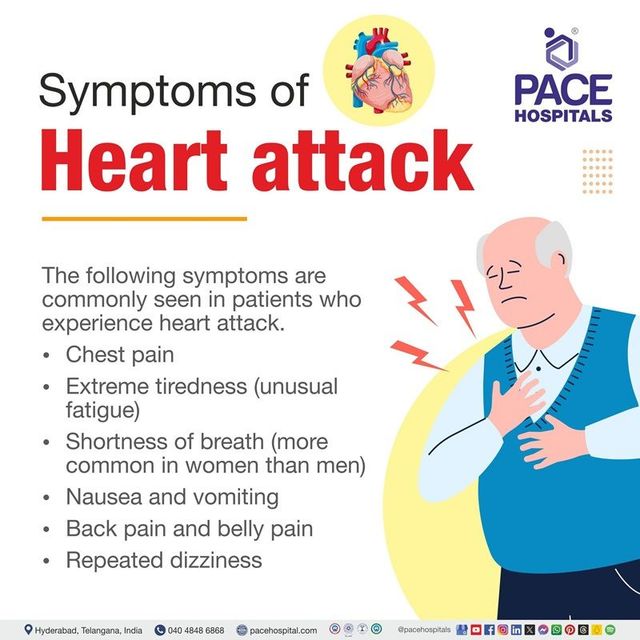
Irregular Heartbeat
Heart Rhythm Changes: Palpitations or Fluttering
An irregular heartbeat can often manifest as palpitations or a fluttering sensation in the chest. It can be startling, especially for those who have never experienced it before. A close friend once described feeling her heart “racing” unexpectedly while she was merely sitting at her desk. This sensation should not be dismissed, as it can indicate underlying heart issues.
Identifying Heart Conditions through Heartbeat Changes
Recognizing changes in heart rhythm is crucial for identifying potential heart conditions. Key indicators to monitor include:
- Noticeable skips or rapid beats
- Changes in heartbeat patterns during rest or activity
- Associated symptoms like dizziness or shortness of breath
If these sensations occur frequently, consulting a healthcare professional is essential. Early detection of irregular heartbeats can lead to effective management and improved cardiovascular health.
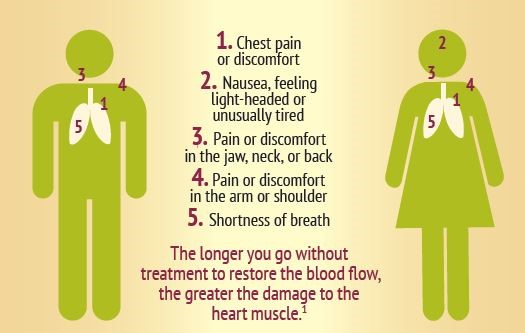
Conclusion
Importance of Early Detection in Heart Disease
Recognizing the silent symptoms of heart disease is crucial for early detection. Symptoms like shortness of breath and unusual fatigue should not be brushed off, as catching these signs early can make all the difference in treatment outcomes.
Consulting Healthcare Professionals for Symptoms
It’s essential to consult healthcare professionals if you experience any concerning symptoms. Regular check-ups and open discussions about heart health can provide peace of mind and valuable insights.
Saving Lives through Early Intervention
Ultimately, early intervention not only empowers individuals to take control of their heart health but can also save lives. By being proactive and informed, everyone can contribute to better heart health and well-being.
